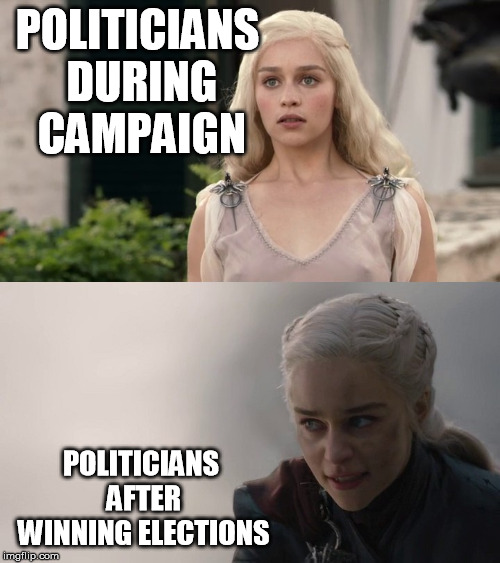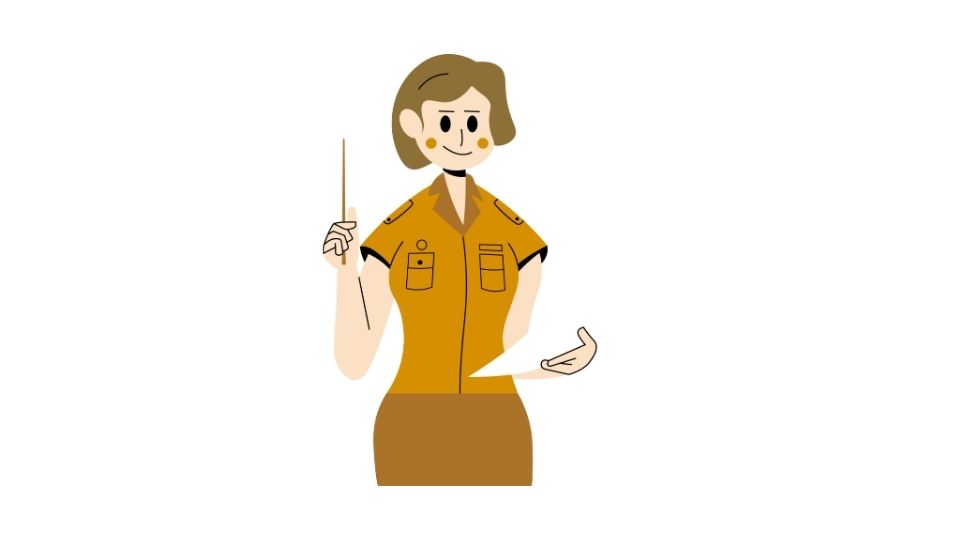Ever thought about running a political campaign? Or wondered who’s behind those slick operations that get candidates elected?
Let me pull back the curtain on what it takes to become a political campaign manager – the person who orchestrates everything from strategy to yard signs to get their candidate across the finish line on election day.
Whether you’re politically passionate or just curious about this high-octane career path, I’ll walk you through exactly what the job involves, how to break in, and what you need to succeed. (Spoiler alert: it’s not just for political science majors!)

What a Political Campaign Manager Actually Does
Campaign managers are basically the CEOs of political campaigns. They’re the ones making the tough calls, managing the team, and ultimately taking responsibility for victory or defeat.
The day-to-day responsibilities include:
- Strategic planning – developing the master plan to reach voters and win
- Budget management – making sure every dollar counts (campaigns burn through cash FAST)
- Staff coordination – hiring and managing everyone from field directors to social media wizards
- Crisis management – putting out fires when your candidate says something dumb on Twitter
- Voter targeting – figuring out which neighborhoods need door-knocking and which need digital ads
- Fundraising oversight – because campaigns live and die by their bank accounts
- Media relations – getting your candidate positive press coverage (or damage control)
As campaign manager Jim Messina once said, “A campaign is like building a startup that has to close on a specific date, and if you get one vote less than the other guy, you’re a total failure.”
No pressure, right?
The Educational Path (Hint: It’s Not What You Think)

Contrary to popular belief, you don’t need a specific degree to become a campaign manager. While political science is common, campaign managers come from all kinds of backgrounds:
- Political Science
- Communications
- Business
- Marketing
- English
- History
- Psychology
What matters more than your degree? The skills you develop. College is the perfect time to:
- Lead student organizations (hello, leadership experience!)
- Volunteer for local campaigns (networking + experience)
- Take public speaking classes (you’ll be doing a LOT of this)
- Learn data analysis (campaigns are increasingly data-driven)
A master’s degree in political management can be helpful later in your career, but it’s absolutely not required to break in.
Breaking Into the Field: The Experience Ladder
Nobody starts at the top in politics. The campaign management career path typically looks like:
Entry Level (The Grunt Work Phase)
- Campaign volunteer – stuffing envelopes, phone banking, canvassing neighborhoods
- Field organizer – coordinating volunteers in a specific region
- Campaign assistant – supporting senior staff with scheduling, research, etc.
Mid-Level (The Skills Building Phase)
- Deputy positions – Deputy campaign manager, deputy field director
- Communications roles – Press secretary, digital director
- Finance director – Managing fundraising operations
Management Level (The Big Leagues)
- Campaign manager – Running smaller, local campaigns first
- Senior campaign strategist – Shaping overall campaign direction
- Campaign consultant – Advising multiple campaigns
Most successful campaign managers have worked on 3-5 campaigns before taking the top job. As political consultant Mary Matalin explains, “You have to pay your dues in this business. Start small, learn everything, and work your way up.”
Essential Skills That Make or Break Campaign Managers

To crush it as a campaign manager, you’ll need these key skills:
Leadership & Management Skills
- Team building – campaigns run on people power
- Decision making – you’ll make hundreds of decisions daily
- Delegation – you can’t do everything yourself
Communication Skills
- Public speaking – addressing volunteers, donors, and media
- Persuasion – convincing people to vote for your candidate
- Writing – crafting compelling messages and materials
Technical Skills
- Data analysis – understanding polling and voter trends
- Digital literacy – campaigns are increasingly online
- Budgeting – campaigns are essentially small businesses with finite resources
Political strategist David Axelrod says the best campaign managers “combine tactical precision with strategic vision” – basically, you need to handle both the big picture and the daily details.
The Networking Game: Who You Know Matters
Politics is ALL about relationships. Here’s how to build your network:
- Join political organizations – College Democrats/Republicans, local party chapters
- Attend political events – fundraisers, rallies, town halls
- Connect with campaign professionals on LinkedIn (yes, really)
- Follow campaign professionals on Twitter/X (where the political operatives hang out)
The American Association of Political Consultants offers resources, conferences, and networking opportunities specifically for people in the campaign world.
One campaign vet told me: “I’ve never gotten a job in politics by submitting a resume cold. Every position came through someone I knew from a previous campaign.”
Show Me The Money: Campaign Manager Salaries

Let’s talk cash. Campaign manager salaries vary WIDELY based on:
- Campaign level (presidential vs. city council)
- Location (big city vs. rural area)
- Experience (first-timer vs. veteran)
Here’s the rough breakdown:
| Campaign Type | Salary Range |
|---|---|
| Local/Small Campaigns | $40,000-$60,000 |
| State Legislative | $60,000-$80,000 |
| Congressional | $70,000-$100,000 |
| Senate/Governor | $100,000-$150,000 |
| Presidential | $150,000+ |
Worth noting: campaigns are temporary by nature. Presidential campaigns last about 2 years, while local races might be just a few months. Many campaign managers piece together multiple races or do consulting work between campaigns.
The Lifestyle: Not For The Faint of Heart
Before you jump in, understand what you’re signing up for:
- Insane hours – 80+ hour weeks during campaign season are normal
- High stress – your candidate is counting on you
- Constant travel – especially for larger campaigns
- No job security – when the campaign ends, so does your job
As campaign veteran James Carville puts it: “Campaigns are like a sprint, a marathon, and a cage fight all at once.”
It’s not all bad though! Campaign work offers:
- Incredible adrenaline rush – few careers match the excitement
- Meaningful work – you’re literally shaping democracy
- Transferable skills – leadership, communication, management
- Amazing stories – you’ll never be boring at parties
Is Campaign Management Right For You?

You might be perfect for campaign management if:
- You’re passionate about politics and policy
- You thrive under pressure and tight deadlines
- You’re comfortable with uncertainty
- You love problem-solving and strategic thinking
- You’re good with people from all walks of life
- You can function on minimal sleep (I’m only half-joking)
The political world needs people who can think on their feet, adapt to changing circumstances, and keep their cool when everything is on fire.
The Bottom Line
Becoming a campaign manager isn’t a straightforward path like becoming a doctor or lawyer. It’s more like becoming a film director – a mix of skill, experience, relationships, and being in the right place at the right time.
The good news? If you’re willing to start at the bottom, work incredibly hard, and learn everything you can, there’s always room for talented people in campaign politics.
As legendary campaign manager David Plouffe said about his career: “It’s a calling, not just a job. When you help elect someone who does good things in office, there’s no better feeling in the world.”
So if you’re ready for the wildest career roller coaster imaginable, campaign management might be your perfect fit. The democracy you save could be your own.




